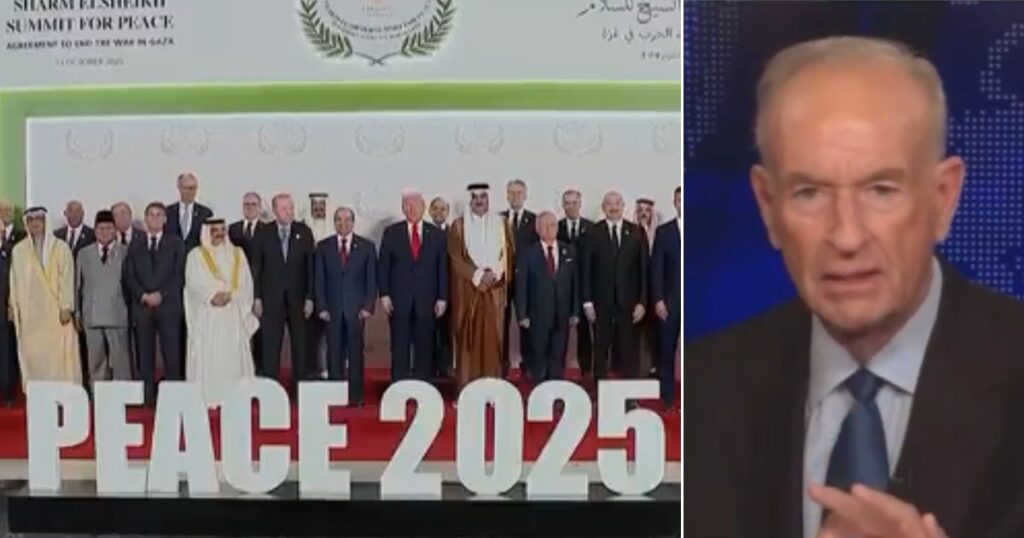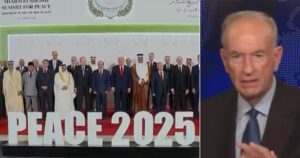Why Trump Chose the Name Abraham for the Middle East Peace Accord
In a bold and strategic move, former President Donald Trump recently invoked the name of Abraham in his latest Middle East peace initiative, aiming to bridge the deep-rooted divides in one of the world’s most volatile regions. This choice is not merely symbolic; it taps into the profound religious significance that Abraham holds across Judaism, Christianity, and Islam, framing peace not as a political transaction but as a familial reconciliation among the children of a shared patriarch.
In the Trump Declaration for Enduring Peace and Prosperity, the President emphasized the historical and spiritual importance of the Middle East, underscoring its relevance to various faith communities. We recognize the deep historical and spiritual significance of this region to the faith communities whose roots are intertwined with the land, he stated, highlighting the necessity of respect for sacred sites and heritage.
On October 13, 2025, during a summit in Sharm El-Sheikh, Egypt, Trump and Egyptian President Abdel-Fattah el-Sissi signed documents to support a ceasefire that would end the two-year Israel-Hamas war in Gaza. This agreement was framed through the lens of Abraham, symbolizing a return to peace and unity amongst the peoples of the region, echoing the earlier success of the 2020 Abraham Accords, which normalized relations between Israel and several Arab nations.
The figure of Abraham is pivotal as the father of nations, with his story rooted in the belief systems of billions around the globe. For Jews, he is the father of their nation and the recipient of God’s covenant; for Christians, he exemplifies faith and trust in God; and for Muslims, he is revered as the first prophet, known as Ibrahim. This shared heritage provides a unique backdrop for dialogue and reconciliation.
Trump’s reference to Abraham is strategic as it reframes the narrative of the peace process. Instead of viewing normalization as a mere political agreement between adversaries, it promotes the idea of a family reunion—an appeal to unity among the descendants of a common ancestor. This perspective was articulated by Trump when he addressed the Israeli Knesset, thanking the God of Abraham, Isaac, and Jacob, while also recognizing the Arab and Muslim partners engaged in the peace process.
Aryeh Lightstone, a former senior adviser and one of the architects of the 2020 Abraham Accords, reflected on the significance of the name itself. Suggested by U.S. Army Gen. Miguel Correa during a pivotal White House meeting, the name Abraham Accords resonated immediately due to its spiritual weight. Lightstone emphasized that these accords have altered the conversation in the region from whether Arab countries would make peace with Israel to when they would.
However, invoking Abraham is not without controversy. While he serves as a symbol of unity, interpretations of his legacy differ among the three faiths, leading to potential polarization. The Quran characterizes Abraham as the first Muslim, whereas Jewish and Christian traditions view him as the patriarch of their respective covenants with God. This divergence can lead to conflicting perceptions of who truly inherits Abraham’s legacy.
As the dust settles on the recent ceasefire agreement, the question remains: will other Arab nations follow suit and normalize relations with Israel under the framework established by the Abraham Accords? Only time will tell if this renewed push for peace will take hold, but for now, the cessation of hostilities marks a positive step forward in a region historically plagued by conflict.
Trump’s invocation of Abraham is a reminder of the shared spiritual roots that can unite diverse peoples, offering hope for a future where peace is not just an ideal but a tangible reality.








